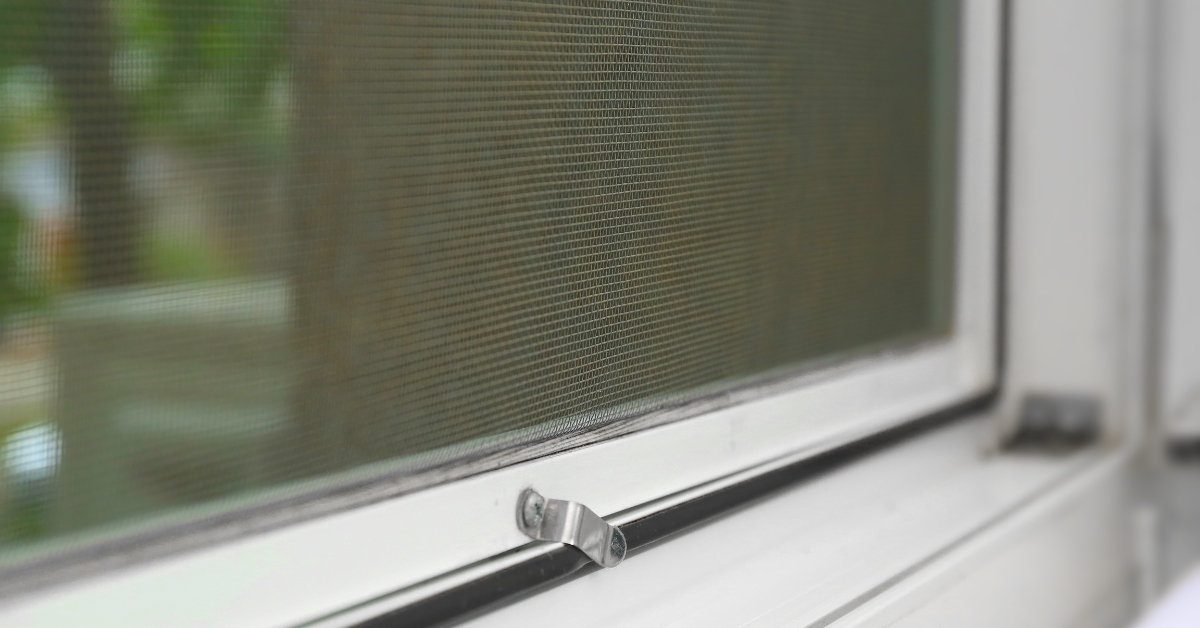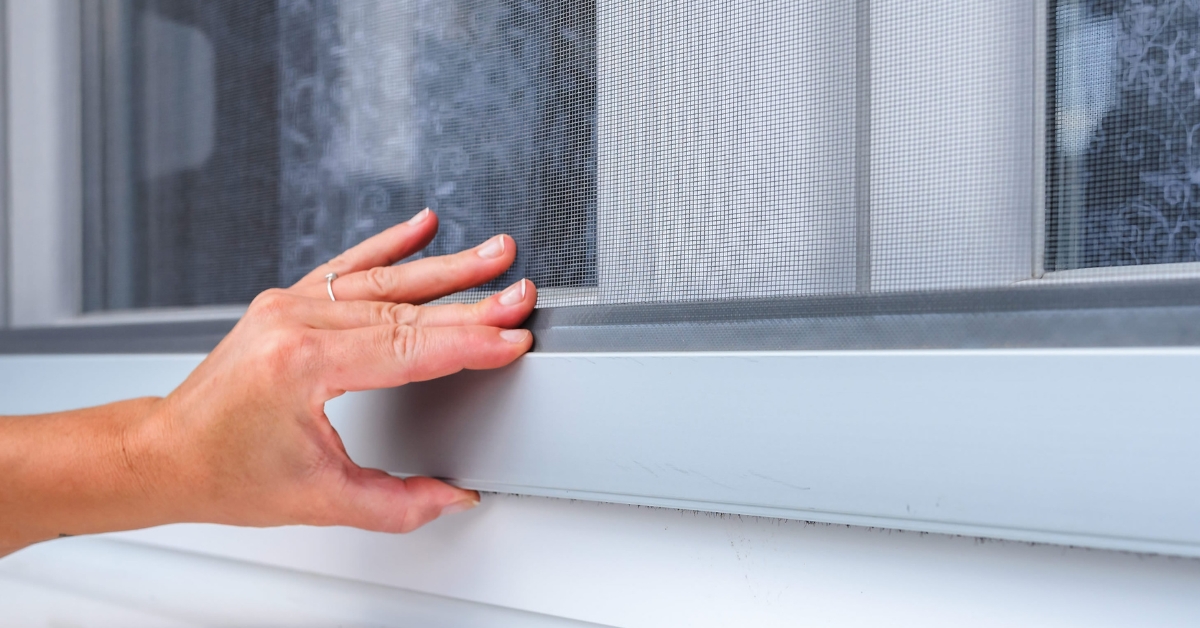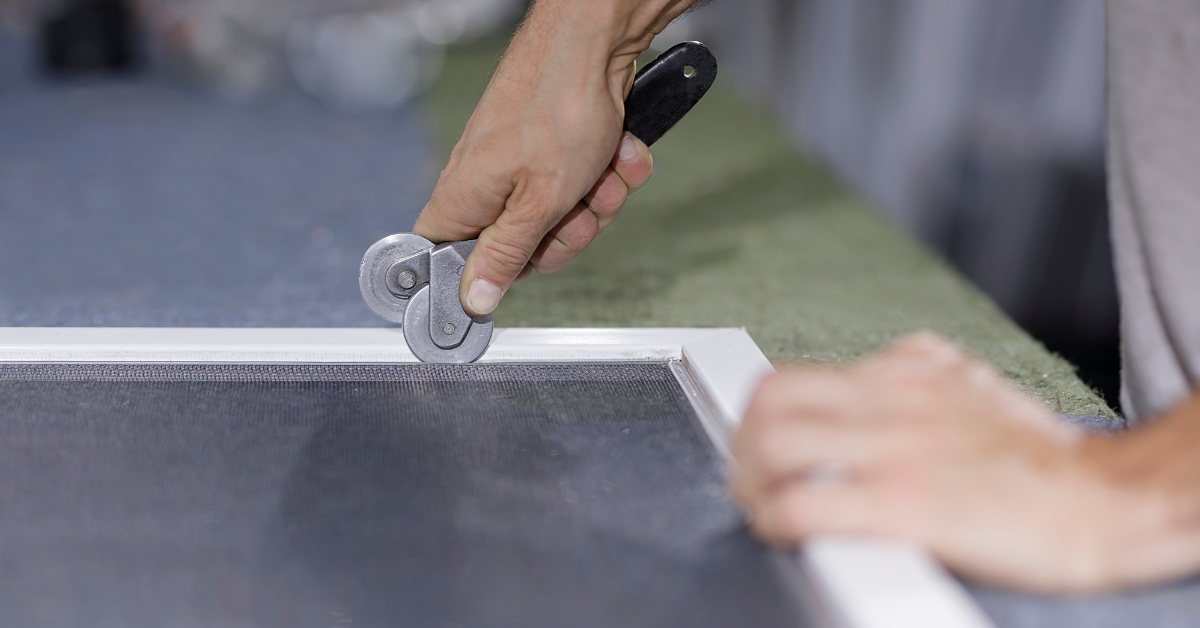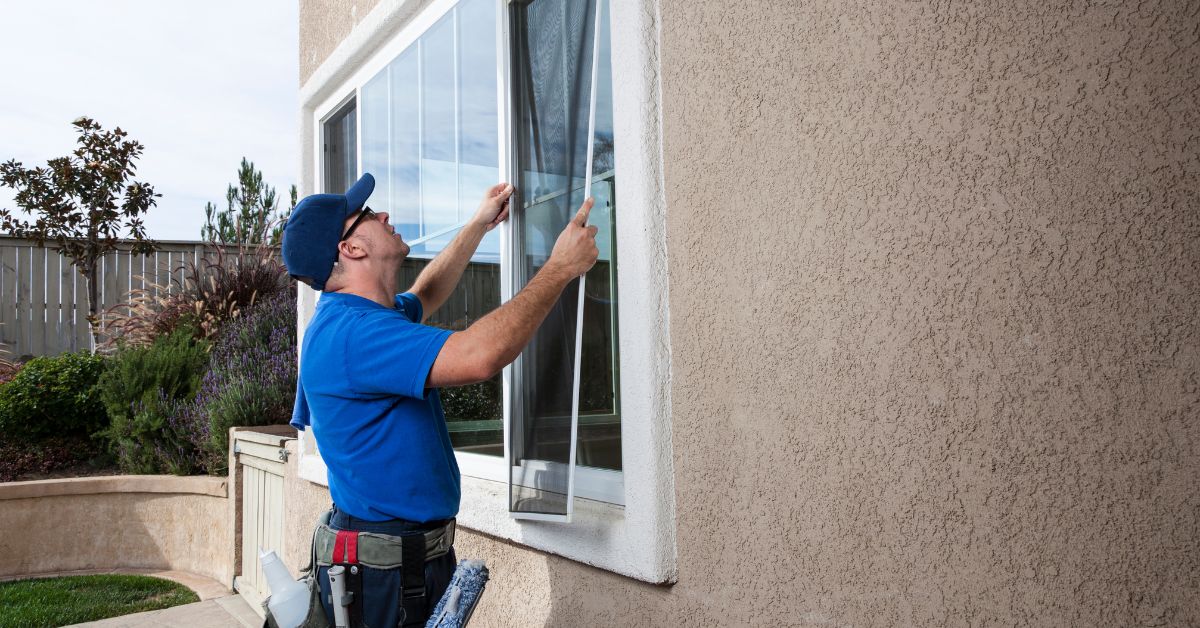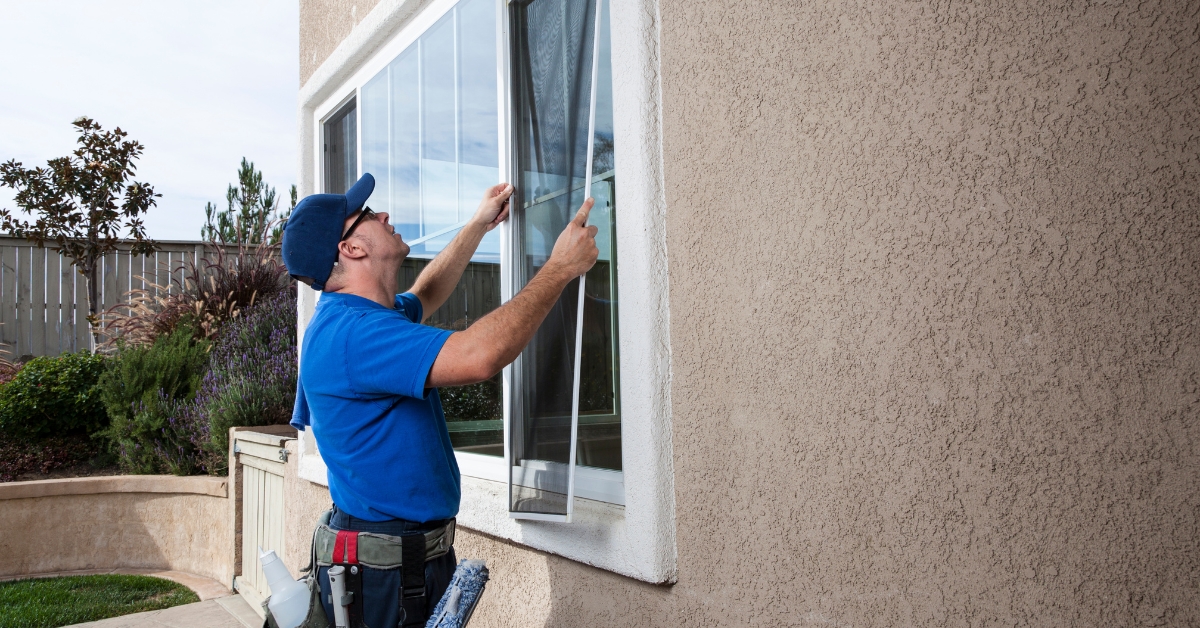Why Old Window Screens Can Make Your Home Feel Stuffy
Old window screens can restrict airflow and reduce ventilation, making a home feel stuffy even when the windows are open. This issue is often mistaken for poor indoor air quality or a lack of breeze outside, when in reality the problem starts at the screen itself.

